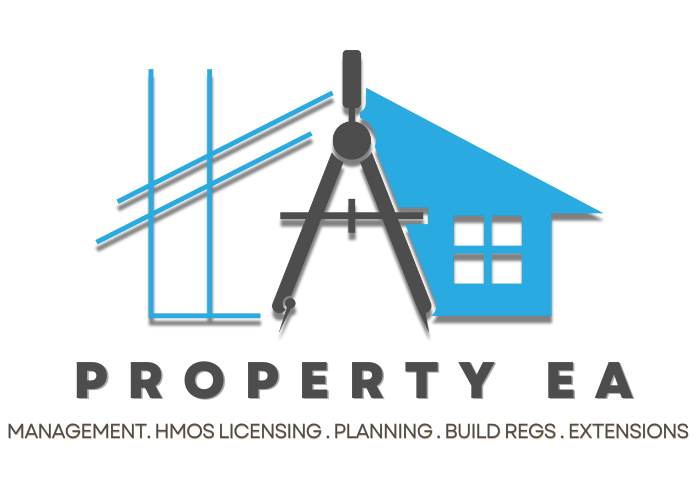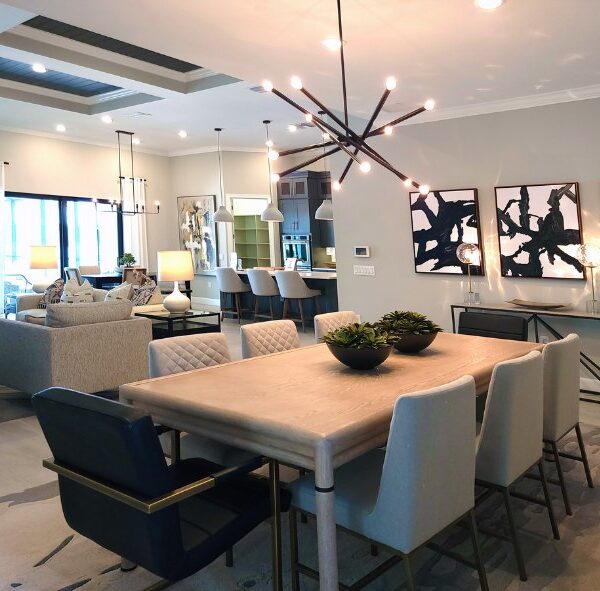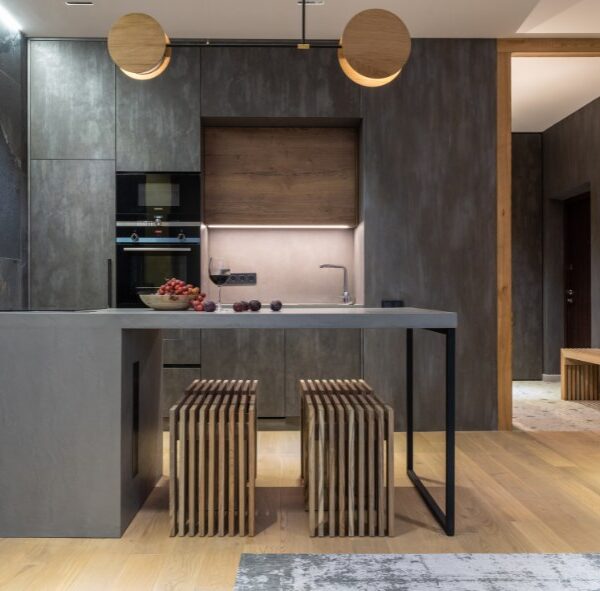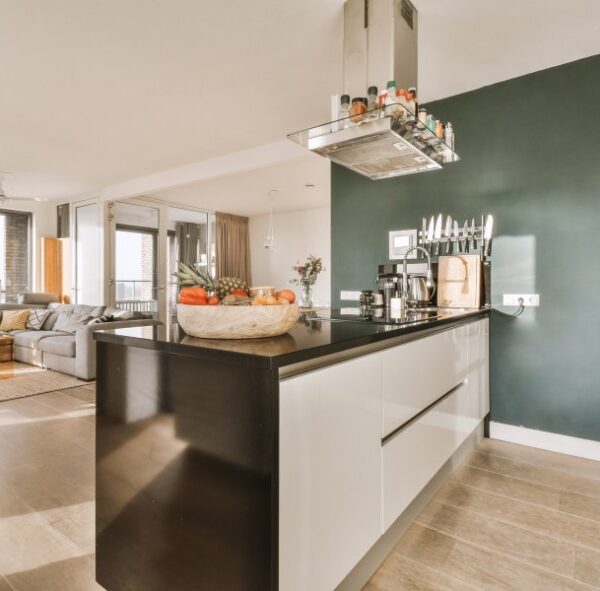Home Staging: Maximising Rental Appeal for Landlords
Home staging is a powerful tool for landlords looking to make their properties stand out in the competitive rental market. It involves carefully arranging furniture, décor, and even small details to highlight the best features of a property, creating an inviting atmosphere that resonates with potential tenants. In the UK, where the rental market can be fiercely competitive, effective home staging can be the difference between a property that lingers on the market and one that quickly secures a high-quality tenant.
One of the primary benefits of home staging is its ability to help tenants visualize living in the space. Empty rooms can often feel cold or uninviting, making it hard for potential renters to imagine how they would use the space. By staging a property, landlords can demonstrate the functionality and potential of each room. For example, a small room that might be overlooked can be transformed into a cozy home office or a welcoming guest room. Similarly, a living room can be arranged to emphasize spaciousness and natural light, making it more appealing.
Beyond simply placing furniture in a room, professional home staging also involves creating a cohesive aesthetic that appeals to the target tenant demographic. For instance, in urban areas where young professionals are the primary market, a modern, minimalist style might be most effective. In contrast, in family-oriented neighborhoods, a more traditional or comfortable style may resonate better. Experienced home stagers understand these nuances and can tailor the décor to attract the ideal tenant profile, whether they are young professionals, families, or retirees.
Another critical aspect of home staging is enhancing the property’s perceived value. A well-staged property can command higher rent because it appears more desirable and move-in ready. Tenants are often willing to pay a premium for a property that looks well-maintained and stylishly presented, as it suggests that the landlord takes care of the property and, by extension, will be a responsible and responsive owner. This not only leads to quicker lettings but can also increase rental yields over time.
